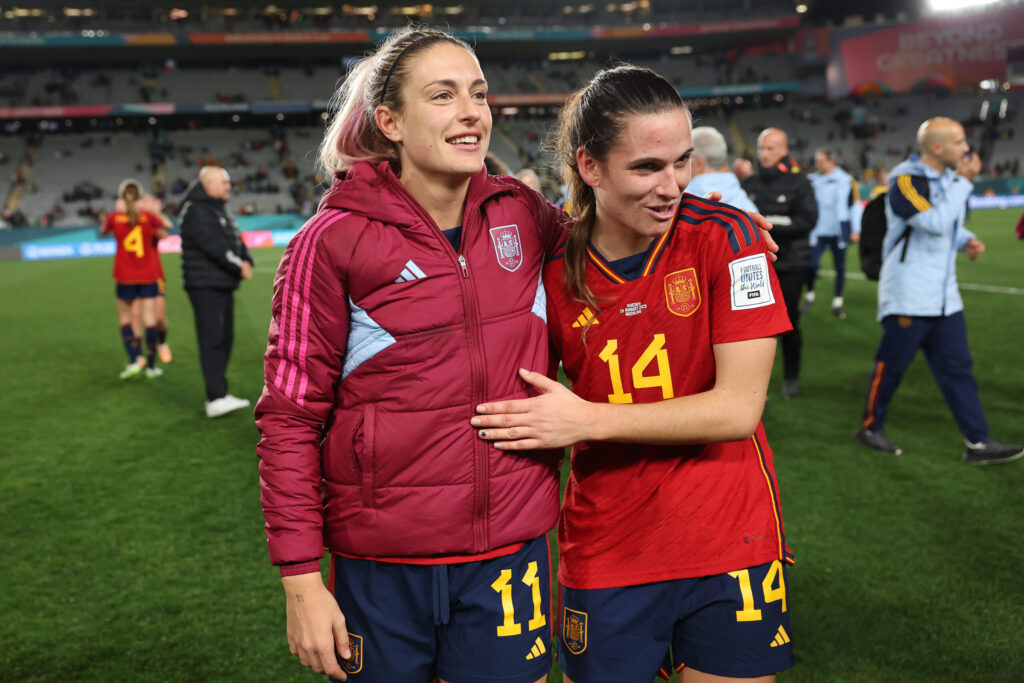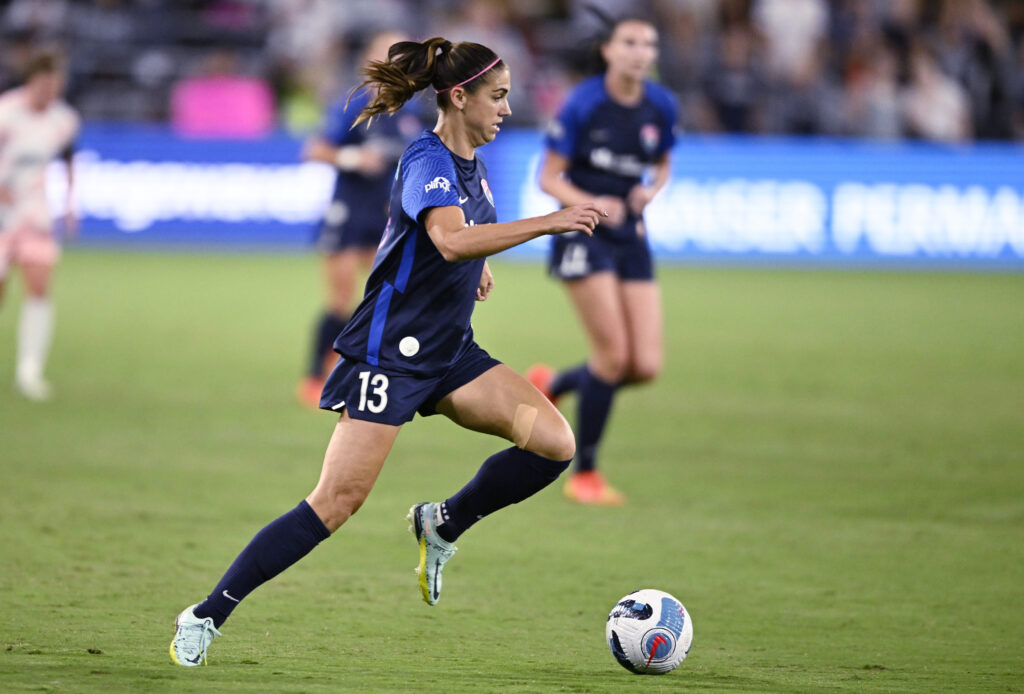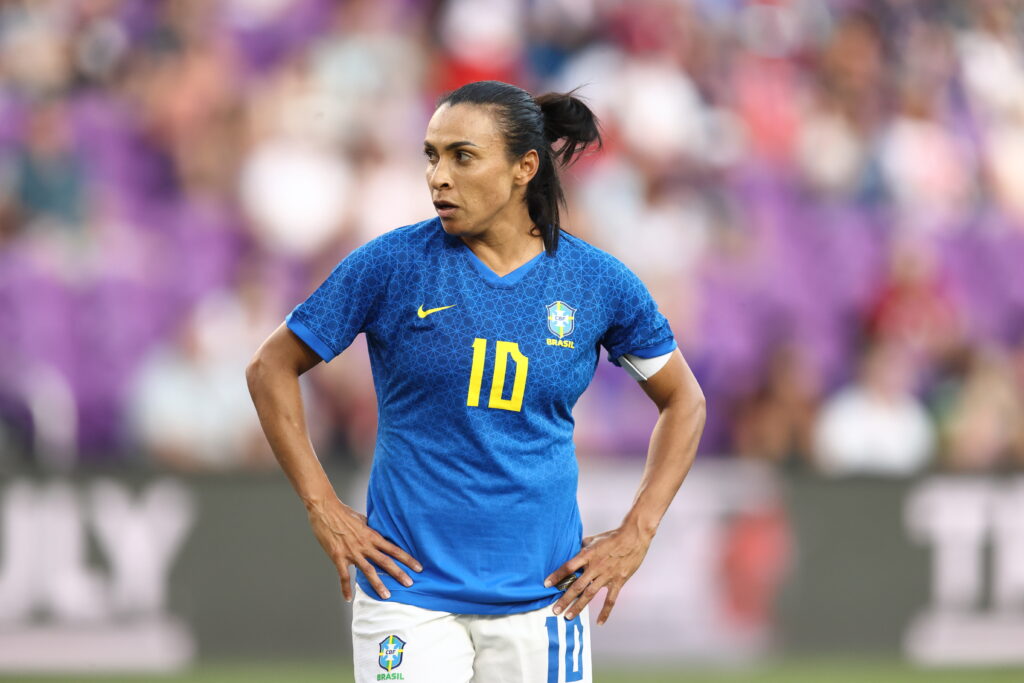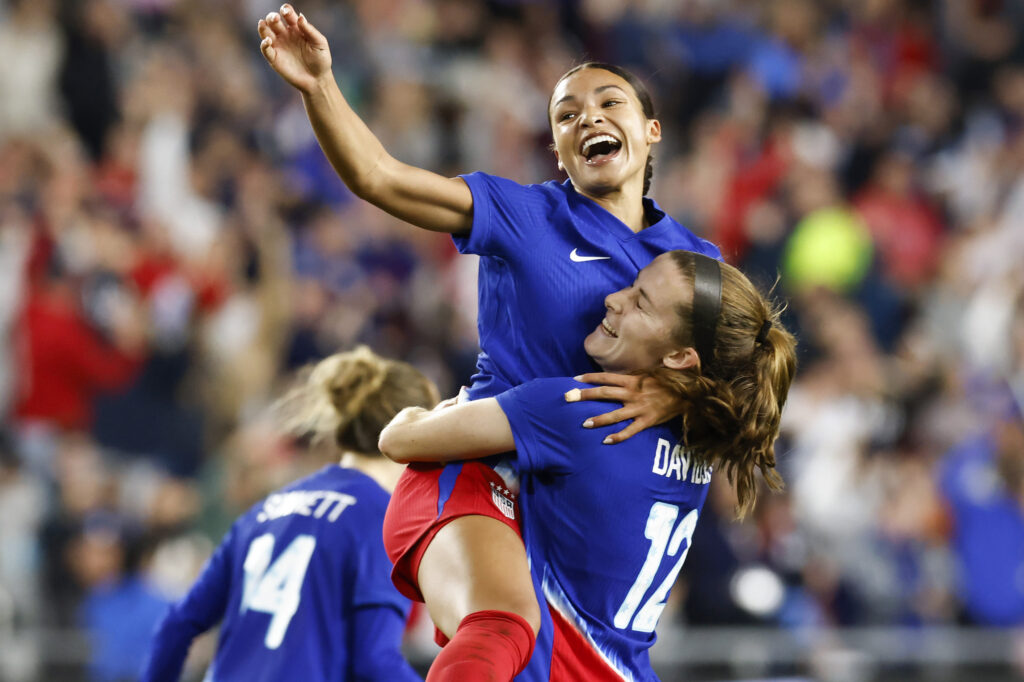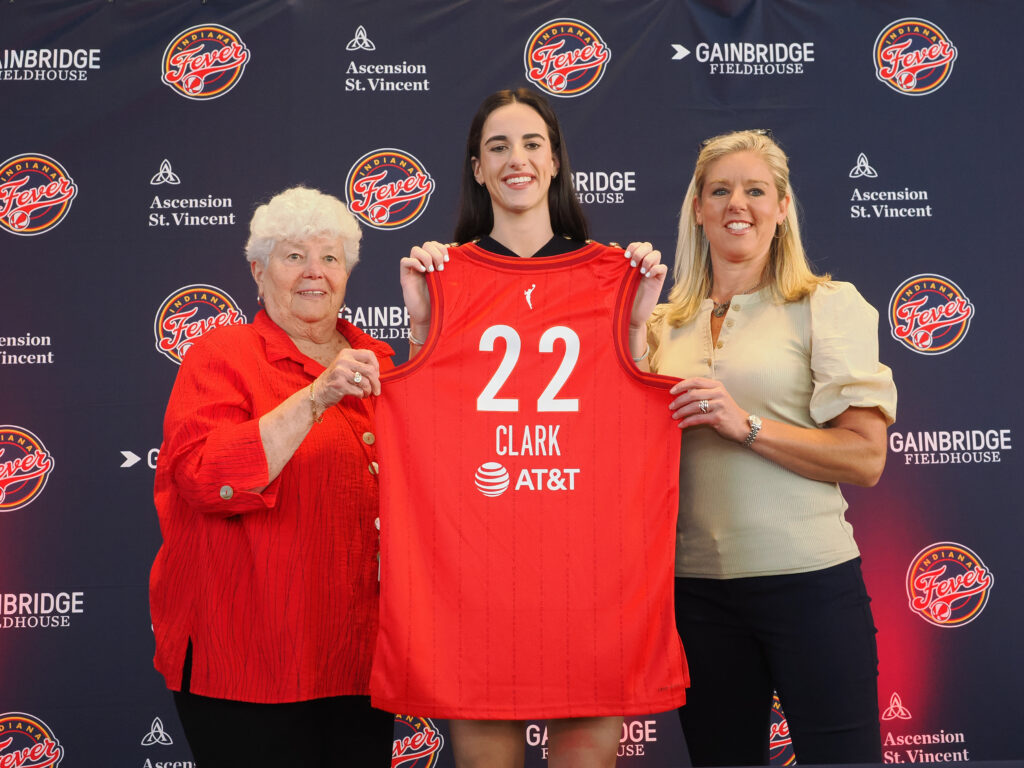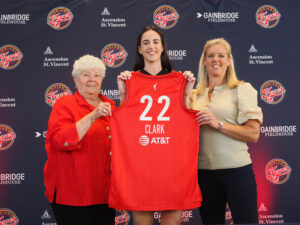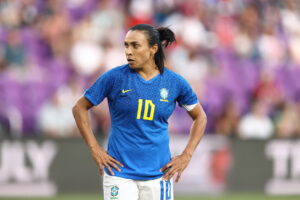Spain won their first-ever World Cup title on Sunday with a 1-0 victory over England, marking by far their most successful run at the tournament.
Spain made their World Cup debut in 2015, sputtering to a single point while finishing at the bottom of their group. In 2019, they advanced out of the group stage, only to lose a hotly contested matchup against the U.S. women’s national team, the eventual champions, and showing great promise for the future.
Since then, Spain has developed one of the most elite pipelines of talent through the country’s youth development system and top domestic clubs. They have won the last two iterations of the U-17 World Cup in 2018 and 2022, as well as the U-20 World Cup in 2022. FC Barcelona, a club from which much of the Spanish first team is drawn, has won the UEFA Champions League twice out of the last three seasons. Barcelona also dominates the Primera División, Spain’s domestic women’s football league, despite the ongoing rise of Real Madrid.
All of these ambitions are perhaps best represented by Salma Paralluelo, the 19-year-old Barcelona winger who provided the spark in the knockout rounds to lift Spain to the final. Paralluelo was a part of both the U-20 World Cup-winning side and one of the U-17 World Cup-winning teams. She came off the bench in Australia to unlock a new level for a Spanish side that historically hasn’t always been able to capitalize on its style of play. And on Sunday, she started and played the entire game, creating multiple scoring chances and wearing down England’s defense with her speed.
SHE'S A TEENAGER, SHE'S A JOY TO WATCH, SHE'S A PHENOMENON, SHE'S SALMA PARALLUELO 🇪🇸 pic.twitter.com/DO8bUdT8qD
— FOX Soccer (@FOXSoccer) August 15, 2023
Paralluelo scored the game-winner against the Netherlands in the quarterfinals and the opener in Spain’s semifinal against Sweden. In the final, 23-year-old Spain captain Olga Carmona scored what ended up being the game-winner in the 29th minute.
Those performances should symbolize the pinnacle of a European power seeing its investment at both the youth and club level paying off on the biggest stage. But instead, there’s piling evidence that Spain’s players feel they must succeed in spite of head coach Jorge Vilda and the Spanish federation, rather than as a unified team empowered by those around them.
A goal that Olga Carmona will never forget 👏👏
— FOX Soccer (@FOXSoccer) August 20, 2023
Spain takes the lead in the first half of the Final 🇪🇸 pic.twitter.com/NiMRCF0qX4
They join a long history of women’s soccer teams galvanized by adverse forces around them, presenting a harsh reality about what their success might mean for the sport in Spain going forward.
In September 2022, 15 players of the Spanish first team sent letters to RFEF, Spain’s football federation. In similarly worded messages, each player asked not to be selected for the team’s upcoming October friendlies, saying that conditions in their international environment had compromised their physical and emotional health. Until those issues were resolved, they said they would not represent Spain at the senior level.
RFEF responded with a scathing rebuttal, saying they would not “allow any kind of pressure from players” in the context of sporting or staffing decisions. The federation demanded apologies before allowing any of what came to be known as “Las 15” to return to the team. A number of those players were from FC Barcelona, including Aitana Bonmati and Mariona Caldantey, who have since returned to their international side. Spanish superstar Alexia Putellas was not a member of “Las 15,” though she joined the chorus of players who took issue with the federation’s response. The two-time Ballon d’Or winner was also injured and unavailable for selection at the time.
From the outside, what happened next appeared to be a splintering of the larger group in protest. With the World Cup on the horizon, players like Bonmati and Caldantey returned to the fold, and Putellas returned from injury without any official comment on her stance. But Barcelona standouts Mapi Leon, Patri Guijarro and Claudia Pina stuck to their principles and withdrew their names from World Cup roster selection. Going into the tournament, Spain had two roads in front of them, and the nuances of knockout soccer have allowed them to advance despite those glaring absences.
Through it all, Vilda has remained in charge, though glimpses into team interactions indicate he’s still not a popular figure in Spain camp. He searched for a friendly handshake from players to no avail on the television broadcast after the team’s win over the Netherlands, and Putellas refused handshakes from the entire Spain coaching staff after being subbed off against Sweden.
Passen d’ell, senzillament…🤷♂️ pic.twitter.com/Zug0Uh8CB9
— Xavier 🇨🇦 (@barrademig) August 11, 2023
It’s impossible to tell how much impact Vilda’s coaching has had on Spain’s success throughout the tournament, but the players have seemed to persevere beyond actual game tactics by finding ways to win late in matches. In the semifinal, that came in the form of two goals in nine minutes to overcome a Sweden equalizer and close out the win in regulation. In the final, Spain dominated possession for most of the game and had chances to extend their lead, including a Jenni Hermoso penalty kick in the 69th minute that England goalkeeper Mary Earps saved.
So, what is there to make of Spain’s ascension to World Cup glory for the first time?
USWNT forward Christen Press said while co-hosting the RE-CAP show that she hopes a win would give players leverage to argue their case more fervently with RFEF. Others fear that the success will give Vilda a cover to continue on as manager, despite the stress his presence places on those same players. The concern is justified, as federation president Luis Rubiales reportedly said of “Las 15” after Spain’s semifinal win, “We have forgotten those who have resentment and who do not add up, who are few.”
What is certain is that not even the ultimate victory is likely to alter the course of Spain’s future, with players once again having to make the best decisions for themselves after the confetti falls. It’s a sad reward for athletes who should be shining examples of progress, rather than new examples of forcing those in power to listen to athletes in women’s sports.
Claire Watkins is a Staff Writer at Just Women’s Sports. Follow her on Twitter @ScoutRipley.
